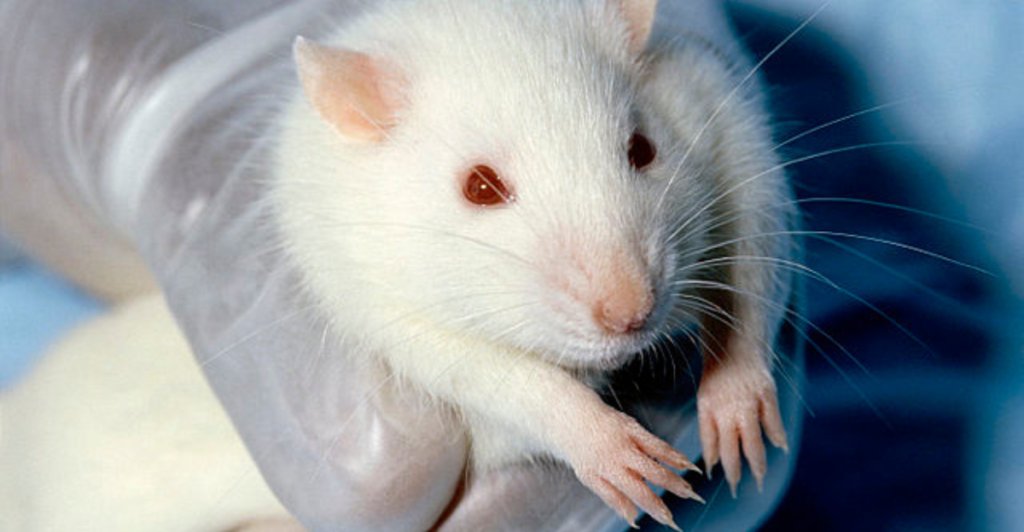
In a significant move toward ethical consumerism, Washington has joined a growing list of U.S. states banning the sale of cosmetics tested on animals. This law, which took effect at the beginning of 2024, prohibits retailers from selling products developed through animal testing conducted after January 1, 2024. By taking this step, Washington aligns with a global trend to reduce animal suffering and promote alternative testing methods.
Washington Leads the Charge in Banning Animal-Tested Cosmetic Products

Governor Jay Inslee emphasized the state’s commitment to sustainability and humane practices during the signing of the bill last year. “Washingtonians want products that align with their values,” Inslee stated. “This law is not just about animals—it’s about fostering innovation and ensuring our state contributes to a compassionate, forward-thinking world.”
A Ripple Effect Across the Nation

Washington is not alone in this ethical crusade. Over 10 other states, including California, New Jersey, and Illinois, have enacted similar bans in recent years. This collective effort represents a broader societal shift against animal testing, a practice once considered standard in the beauty industry.
California, a pioneer in the movement, passed its ban in 2018, serving as a blueprint for subsequent states. New Jersey followed in 2021, and by 2023, Oregon and Virginia had adopted their own versions of the law. Each state has its nuances, but all share a common goal: eliminating cruelty in cosmetic production.
The Global Context

The U.S. is catching up with an international movement. The European Union banned animal-tested cosmetics in 2013, setting a precedent for other regions. Countries like India, South Korea, and Australia have since implemented their own bans, demonstrating that ethical alternatives are viable across different economic landscapes.
Despite this progress, the U.S. faces challenges in implementing a nationwide ban. Congress has debated federal legislation like the Humane Cosmetics Act for years, but it remains stalled. States like Washington are stepping up to fill the gap, hoping to inspire broader federal action.
Innovative Alternatives on the Rise
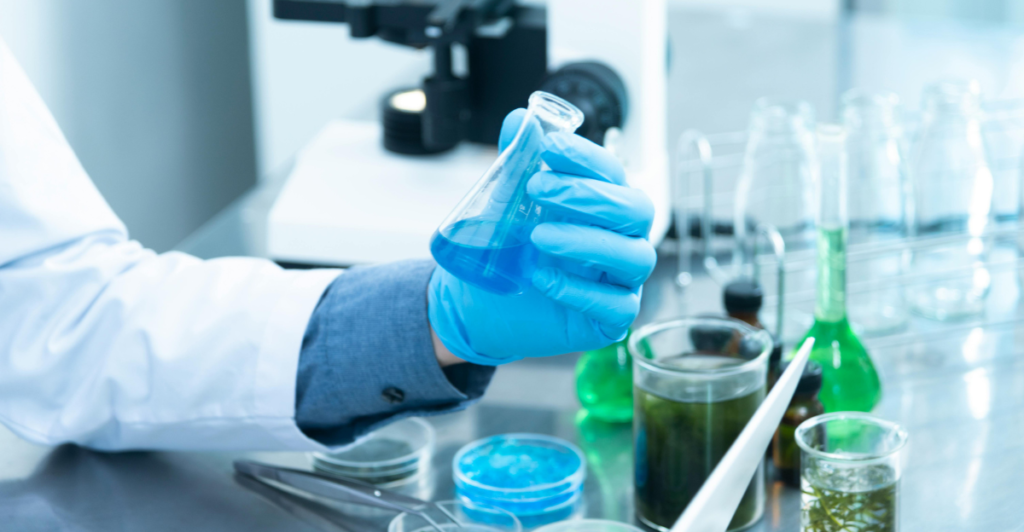
One of the most exciting aspects of these bans is the acceleration of alternative testing methods. Technology has introduced groundbreaking solutions, such as lab-grown skin models and computer simulations, that bypass the need for animal subjects. Companies like EpiSkin and MatTek are leading this revolution, providing tools that are not only humane but also more reliable and cost-effective than traditional animal tests.
Washington-based biotech firms are at the forefront of this innovation. With new funding initiatives from the state government, these companies are developing methods that could render animal testing obsolete within the decade.
Industry Pushback and Adaptation
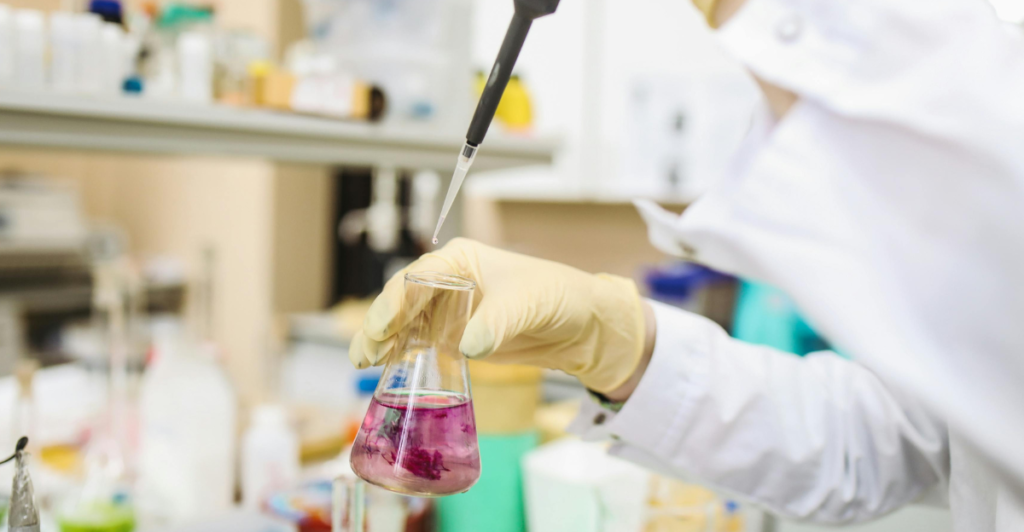
While the bans have garnered widespread support, not everyone in the cosmetic industry is on board. Small and mid-sized businesses argue that transitioning to cruelty-free methods is costly and time-consuming. Some have called for more government assistance to help them adapt.
On the other hand, large corporations like L’Oréal and Unilever have embraced the change, investing heavily in alternative testing. These companies view cruelty-free products as a competitive advantage, particularly among younger, more ethically conscious consumers.
Consumer Trends: Demand for Cruelty-Free Products
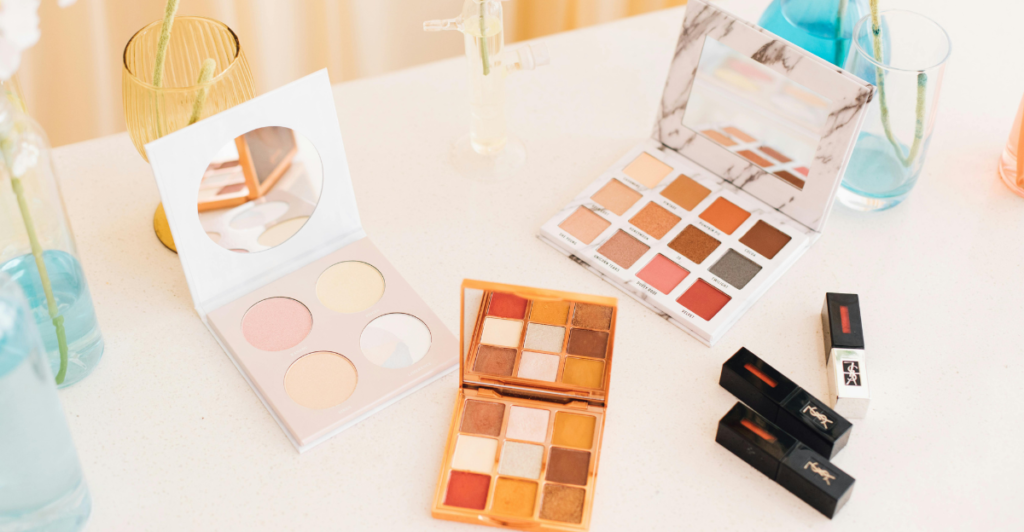
The rise of cruelty-free cosmetics reflects a broader shift in consumer values. A 2023 survey by Nielsen revealed that 73% of U.S. consumers prefer brands committed to ethical practices. Millennials and Gen Z, in particular, are driving this demand, with social media amplifying their influence.
Retailers in Washington are already noticing the impact. Local beauty stores report increased interest in cruelty-free brands, while national chains like Sephora and Ulta have expanded their cruelty-free product lines to meet growing demand.
Challenges in Enforcement

Despite its promise, implementing these bans is not without challenges. States must ensure companies comply with the law, requiring robust monitoring and enforcement mechanisms.
Washington has established a task force to oversee compliance, working closely with retailers and manufacturers. Violators face significant penalties, including fines and potential bans on product distribution within the state.
The Role of Advocacy Groups
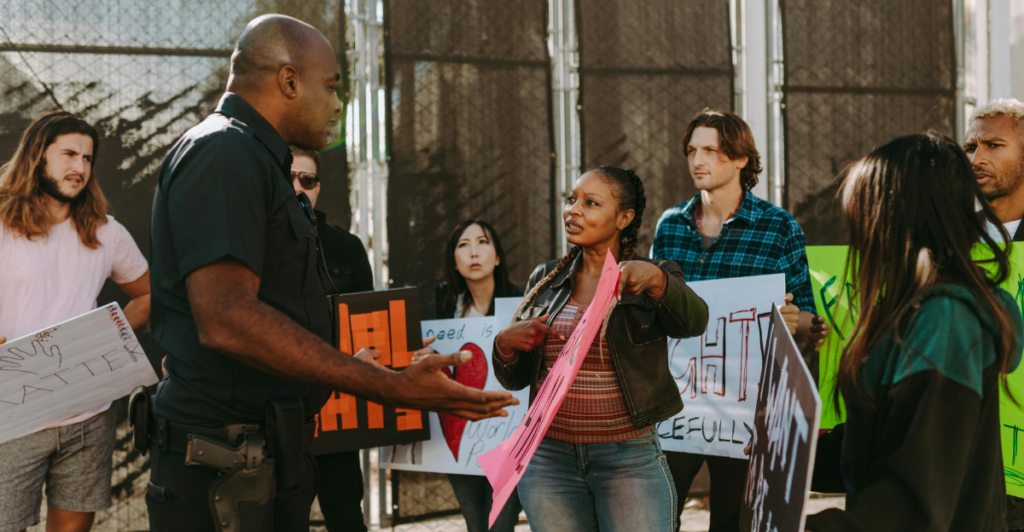
Much of the progress in banning animal-tested cosmetics can be attributed to advocacy groups. Organizations like the Humane Society and Cruelty-Free International have tirelessly campaigned for these laws, providing research, public education, and legislative pressure.
Their efforts have also spurred global awareness, encouraging consumers to demand change from brands and lawmakers alike. These groups continue to play a crucial role in monitoring compliance and pushing for broader legislative action.
Future Prospects: Toward a Federal Ban?

With over a dozen states adopting bans, the question arises: will the U.S. finally pass a federal ban on animal-tested cosmetics? Proponents argue that a nationwide law would simplify compliance for companies and eliminate loopholes that allow unethical practices to persist in certain regions.
Washington’s success may serve as a catalyst for federal action. Senator Maria Cantwell has already voiced support for revisiting the Humane Cosmetics Act, signaling potential momentum for change at the national level.
Economic Implications of the Ban
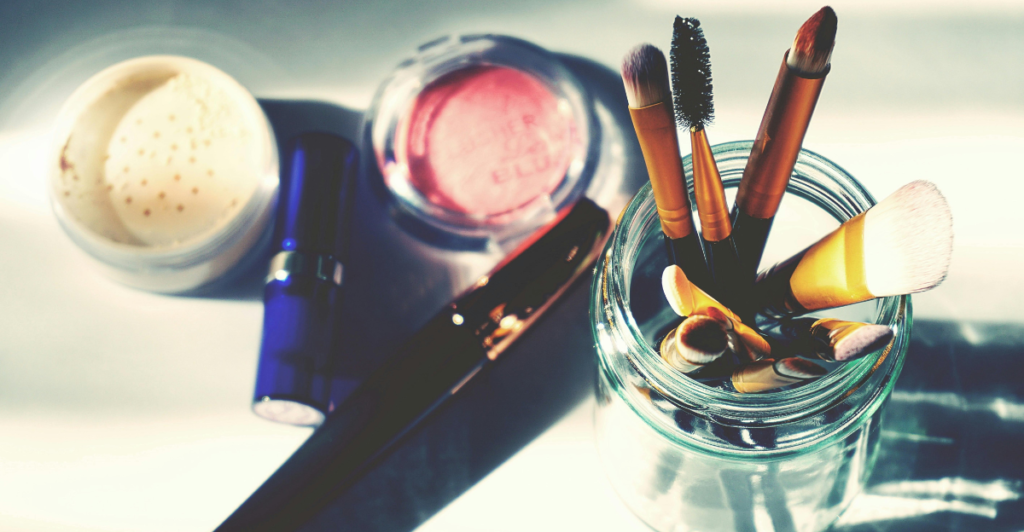
Transitioning to cruelty-free methods is not just an ethical issue; it also has economic ramifications. Analysts predict that the cruelty-free cosmetics market will grow exponentially, reaching $10 billion globally by 2030.
Washington’s economy could benefit significantly, with local companies positioned as leaders in cruelty-free innovation. The state’s investment in biotech and alternative testing methods may create new jobs and attract ethical brands.
International Collaboration: A United Front

Washington’s ban also opens doors for international collaboration. By aligning its laws with those of countries like the UK and Canada, the state enhances opportunities for trade and shared innovation.
Global coalitions are forming to harmonize regulations, ensuring that cruelty-free standards are consistent across borders. Washington’s leadership could place it at the center of these efforts, strengthening its global influence in ethical production.
A Compassionate Future for Cosmetics
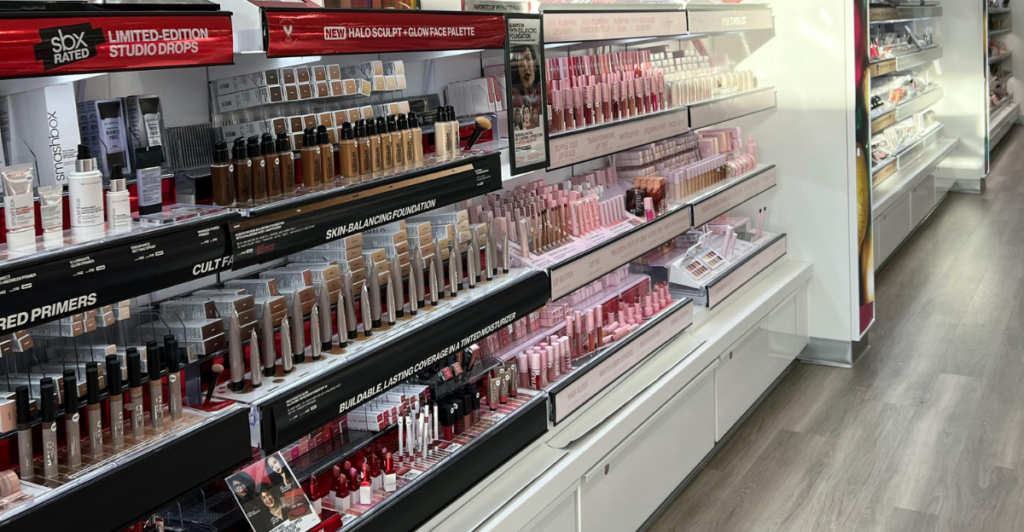
As Washington enforces its ban on animal-tested cosmetics, it joins a growing coalition of states and countries committed to compassion and innovation. While challenges remain, the progress is undeniable. Advocacy, consumer demand, and technological advancements are aligning to reshape the beauty industry, proving that ethical choices are not only possible but also profitable.
With states like Washington leading the way, the dream of a cruelty-free America feels closer than ever. The movement underscores a universal truth: when people unite for a cause, meaningful change is not only possible but inevitable.
Stay connected with us for more stories like this! Follow us to get the latest updates or hit the Follow button at the top of this article, and let us know what you think by leaving your feedback below. We’d love to hear from you!







